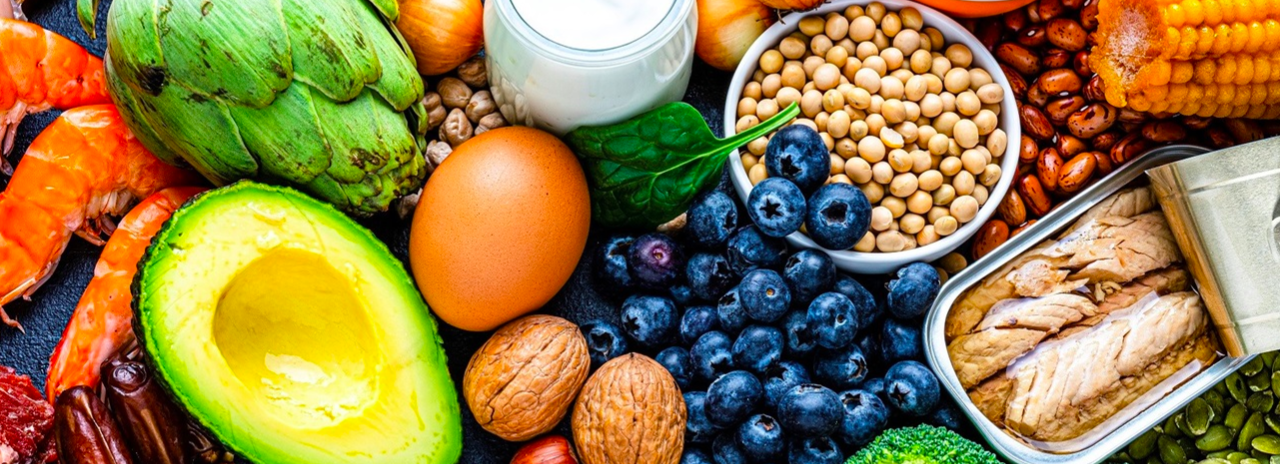In the quest for conception, the foods we consume wield profound influence over our reproductive health. Proper nutrition serves as the cornerstone for fertility, significantly affecting both male and female fertility potentials. With informed dietary decisions, individuals can enhance their chances of conceiving and nurture a healthy pregnancy.
Key Nutrients for Fertility:
Certain nutrients stand out for their pivotal roles in supporting reproductive function:
- Folic Acid: Vital for fetal development and reducing the risk of birth defects.
- Omega-3 Fatty Acids: Promote hormonal balance and overall reproductive health.
- Iron: Essential for maintaining healthy blood levels and fertility.
- Vitamin D: Crucial for egg maturation and embryo implantation.
- Zinc: Necessary for sperm production in men.
Consuming a diet rich in these nutrients not only boosts fertility but also elevates the likelihood of a healthy pregnancy. Leafy greens, nuts, seeds, fatty fish, and lean meats are among the fertility-friendly foods that prepare the body for conception.
The Impact of Sugar and Processed Foods:
High consumption of sugar and processed foods can detrimentally affect fertility. Despite their enticing taste, these foods pose long-term risks to our bodies. Excessive sugar intake has been linked to obesity, diabetes, heart disease, and cancer. Processed foods, laden with artificial ingredients and preservatives, disrupt metabolism and gut health, elevate unhealthy fat and sodium levels, and induce inflammation, all of which impair reproductive function. Limiting the intake of these items and focusing on whole, nutrient-rich foods create a fertility-friendly environment.
The Role of Hydration in Fertility:
Proper hydration is often overlooked but plays a crucial role in fertility. It ensures optimal bodily functions, including hormone balance and cervical mucus production. Adequate hydration supports sperm’s journey to the egg and facilitates successful implantation. Maintaining proper hydration levels also regulates hormone levels, enhances egg quality, and promotes uterine lining thickness—essential factors in fertility.
Creating a Fertility-Focused Meal Plan:
Crafting a meal plan rich in fertility-supporting nutrients is essential for enhancing reproductive health. Incorporating a variety of fruits, vegetables, whole grains, lean proteins, and healthy fats provides the body with essential nutrients for hormonal balance and optimal fertility. Emphasizing complex carbohydrates and healthy fats, along with staying adequately hydrated, contributes to a successful fertility journey.
In conclusion, conscientious dietary choices can significantly impact reproductive health, fostering successful conception and pregnancy. Prioritizing nutrient-rich foods, maintaining hydration, and shunning processed items pave the way for a fruitful fertility journey.











